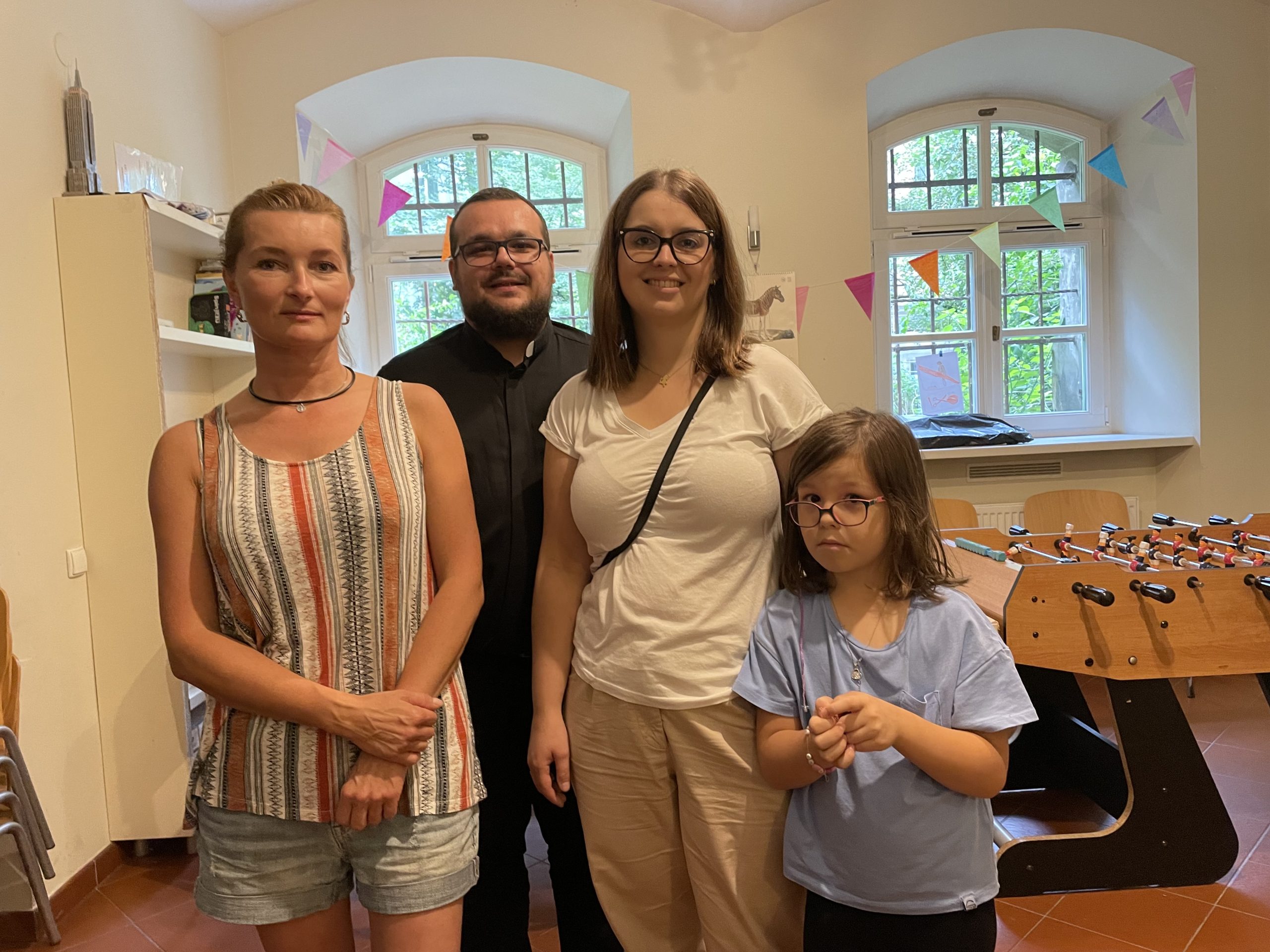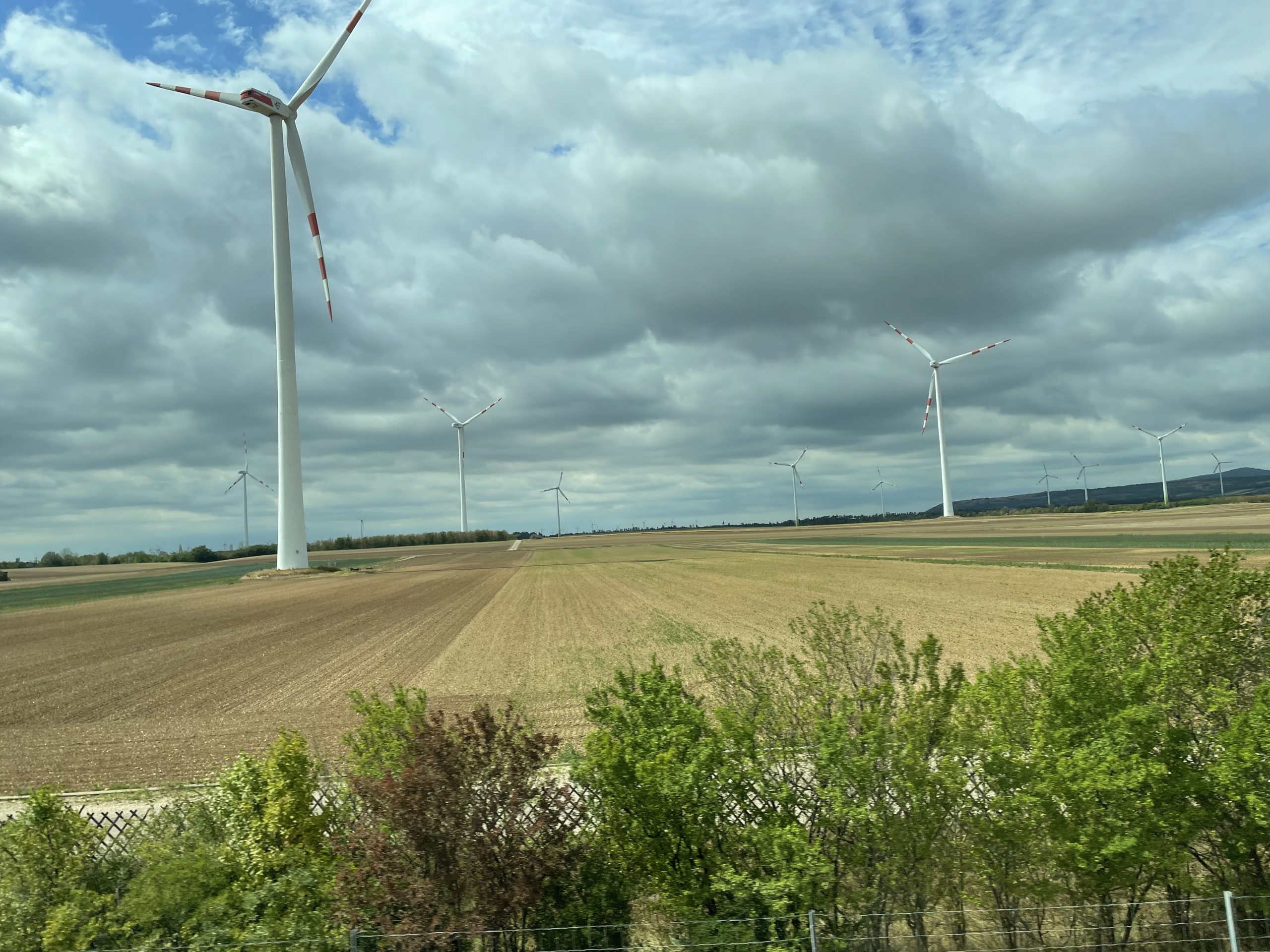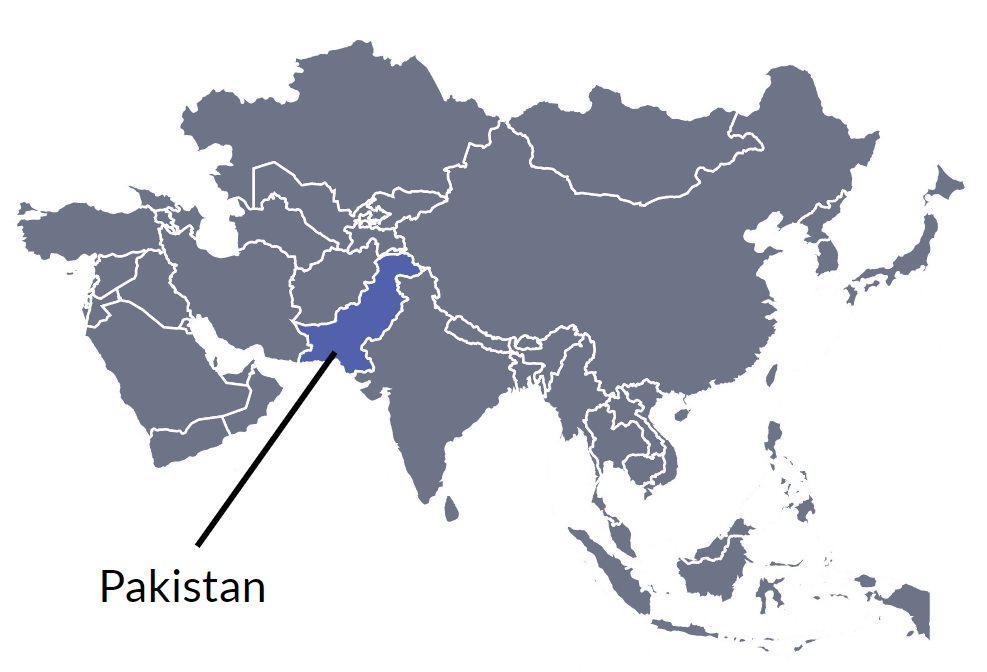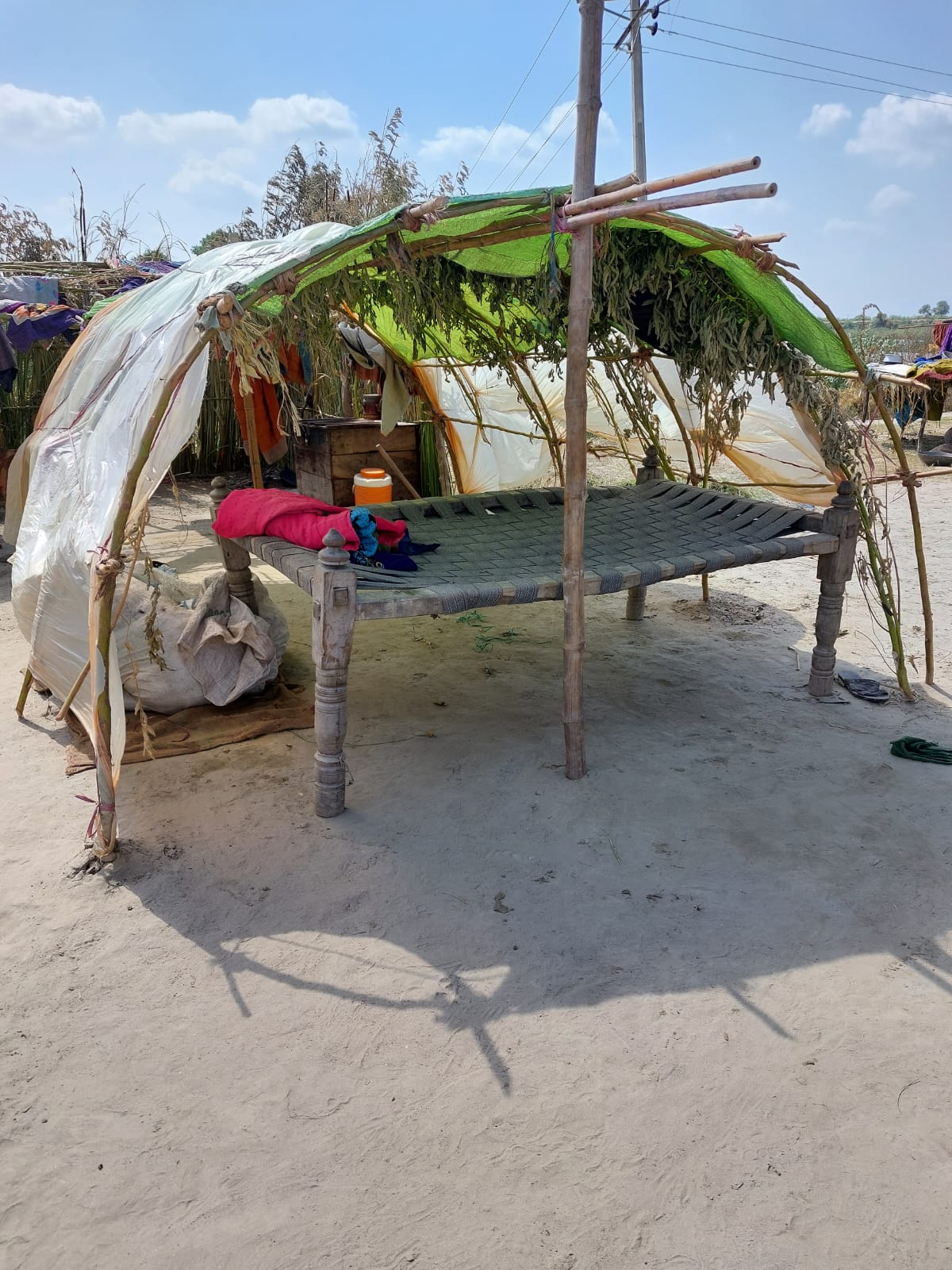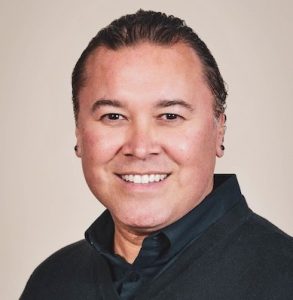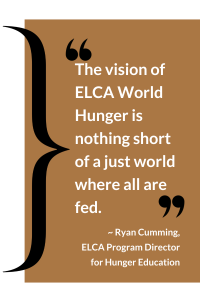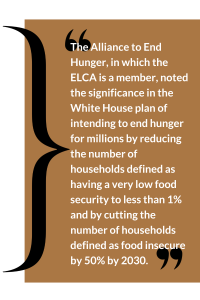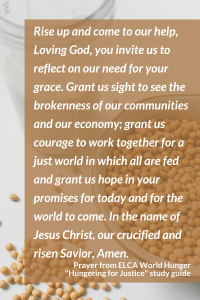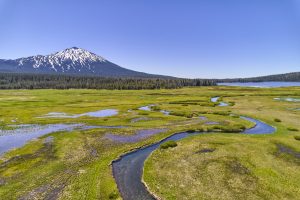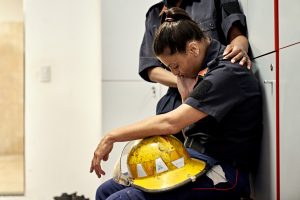from the ELCA advocacy office in Washington, D.C. – the Rev. Amy E. Reumann, Senior Director
Partial expanded content from Advocacy Connections: October 2022
GLOBAL MALNUTRITION PREVENTION AND TREATMENT ACT PASSES! | DACA-RELATED DECISION STILL INDICATES NEED OF PERMANENT PROTECTIONS | INFLATION REDUCTION ACT AND CHURCH BUILDING INFRASTRUCTURE | ACUTE AWARENESS OF DISASTER RESPONSE NEEDS | ELECTION DAY IS ALMOST HERE
 GLOBAL MALNUTRITION PREVENTION AND TREATMENT ACT PASSES: We celebrate that the bipartisan Global Malnutrition Prevention and Treatment Act recently passed the Senate following spring passage by the House and thank the many Lutherans who used their voices to encourage this action!
GLOBAL MALNUTRITION PREVENTION AND TREATMENT ACT PASSES: We celebrate that the bipartisan Global Malnutrition Prevention and Treatment Act recently passed the Senate following spring passage by the House and thank the many Lutherans who used their voices to encourage this action!
The bill directs USAID to implement activities to prevent and treat malnutrition globally. The legislation provides better strategic vision and improves coordination and effectiveness of existing U.S. global nutrition programs. An Action Alert and other ELCA activity advocated for passage of this bill which doesn’t turn away from global malnutrition. #untilallarefed
 DACA-RELATED DECISION STILL INDICATES NEED OF PERMANENT PROTECTIONS: On October 7, the U.S. Court of Appeals for the Fifth Circuit made a major decision impacting Deferred Action for Childhood Arrivals (DACA). Touching the lives of 600,000 current beneficiaries, the decision also impacts thousands of young adults who were locked out while litigation has played out.
DACA-RELATED DECISION STILL INDICATES NEED OF PERMANENT PROTECTIONS: On October 7, the U.S. Court of Appeals for the Fifth Circuit made a major decision impacting Deferred Action for Childhood Arrivals (DACA). Touching the lives of 600,000 current beneficiaries, the decision also impacts thousands of young adults who were locked out while litigation has played out.
The court sided with an earlier ruling by a judge finding that DACA violated the Administrative Procedure Act, but in light of a new regulation, which takes effect on October 31, they have returned the case to U.S. District Court Judge Andrew Hanen for further consideration. The fifth circuit decision maintains the freeze on all new applications, but renewals can continue. “For the time being, this semblance of protection is significant to the hundreds of thousands who depend on it to maintain their jobs, carry on their studies, and support their families. But there’s more to this decision. This is unresolved, leaving Congress with an unmistakable call to action. Congress should heed the call of advocates, amplified by DACA recipients and supporters across the political spectrum, to pass permanent protections now,” said Giovana Oaxaca, ELCA Program Director for Migration Policy. Oaxaca will be among panelists at “Faith Voices Call: Citizenship For All,” a webinar hosted by the Interfaith Immigration Coalition on Thursday, October 27 at 8 p.m. ET. Learn more from www.facebook.com/events/1066432484071714/
 INFLATION REDUCTION ACT AND CHURCH BUILDING INFRASTRUCTURE: Through the Inflation Reduction Act, faith-based and community-based organizations are eligible for new grant programs that the law will create to address pollution, incentivize the use of clean energy sources and mobilize certain places that commit to their communities to advance climate-benefitting solutions.
INFLATION REDUCTION ACT AND CHURCH BUILDING INFRASTRUCTURE: Through the Inflation Reduction Act, faith-based and community-based organizations are eligible for new grant programs that the law will create to address pollution, incentivize the use of clean energy sources and mobilize certain places that commit to their communities to advance climate-benefitting solutions.
With the passage of the Inflation Reduction Act, non-profits and houses of worship now have easier access to clean energy funds and tax credits through a program called “direct pay.” Interfaith Power and Light wrote, “Before the IRA, only homeowners and commercial entities with some tax liability could claim tax credits when installing solar panels, wind turbines, or other eligible technologies on an eligible property. Now, the ‘direct pay’ option means non-taxable entities can also benefit from these credits.” Although incentives and monies will become available, reach and distribution specifics are unrolling. However, it is anticipated that churches will not experience up-front costs to participate in infrastructure updates; rather they will operate through participant agreements. Our ELCA advocacy staff will continue to monitor these aspects of the law and their interface with faith communities.
 ACUTE AWARENESS OF DISASTER RESPONSE NEEDS Lawmakers in Congress, who are currently in their home state districts and not expected to return to Washington, D.C. until after Election Day, will be discussing what additional resources hurricane-impacted states will need in the coming days and weeks following Hurricane Ian.
ACUTE AWARENESS OF DISASTER RESPONSE NEEDS Lawmakers in Congress, who are currently in their home state districts and not expected to return to Washington, D.C. until after Election Day, will be discussing what additional resources hurricane-impacted states will need in the coming days and weeks following Hurricane Ian.
Several members of the GOP Florida delegation have called on legislators to reconvene in D.C. to pass a “clean” supplemental relief bill before Election Day. ELCA advocacy staff will be working with affected synods and ministries to advocate for an adequate response to be procured in Congress. Use the Action Alert to give your input on disaster response needs in U.S. policy
 ELECTION DAY IS ALMOST HERE As Lutherans, we live out our mutual responsibility for one another by guaranteeing our neighbor’s right to vote and supporting free and full participation in elections. As various election deadlines near in states across the country in the coming days, and Election Day arrives on Tuesday, November 8, encourage one another including with @ELCAadvocacy socials and #ELCAvotes resources. ELCA advocacy staff are monitoring mid-term election impacts.
ELECTION DAY IS ALMOST HERE As Lutherans, we live out our mutual responsibility for one another by guaranteeing our neighbor’s right to vote and supporting free and full participation in elections. As various election deadlines near in states across the country in the coming days, and Election Day arrives on Tuesday, November 8, encourage one another including with @ELCAadvocacy socials and #ELCAvotes resources. ELCA advocacy staff are monitoring mid-term election impacts.
Resources to explore what is on your local ballot include ballotready.org and vote411.org/. Consider congregation and other action like taking someone to the polls, setting up a booth to look up polling locations and other innovative ways to be there for our neighbors and neighborhoods. More from https://ELCA.org/civicengagement.


